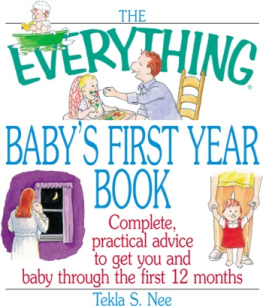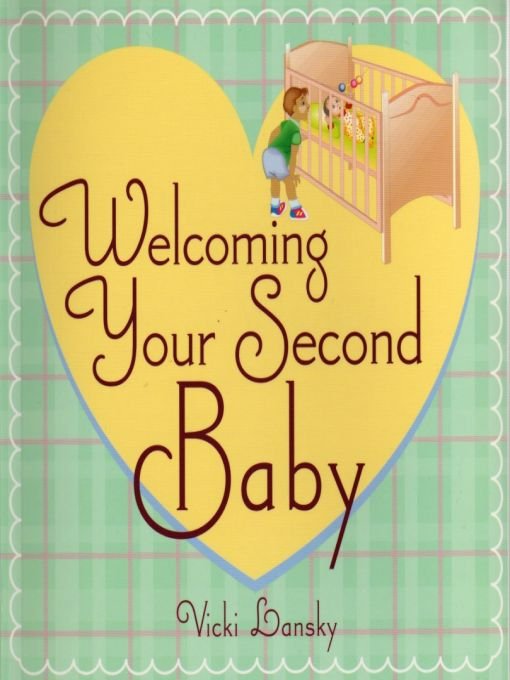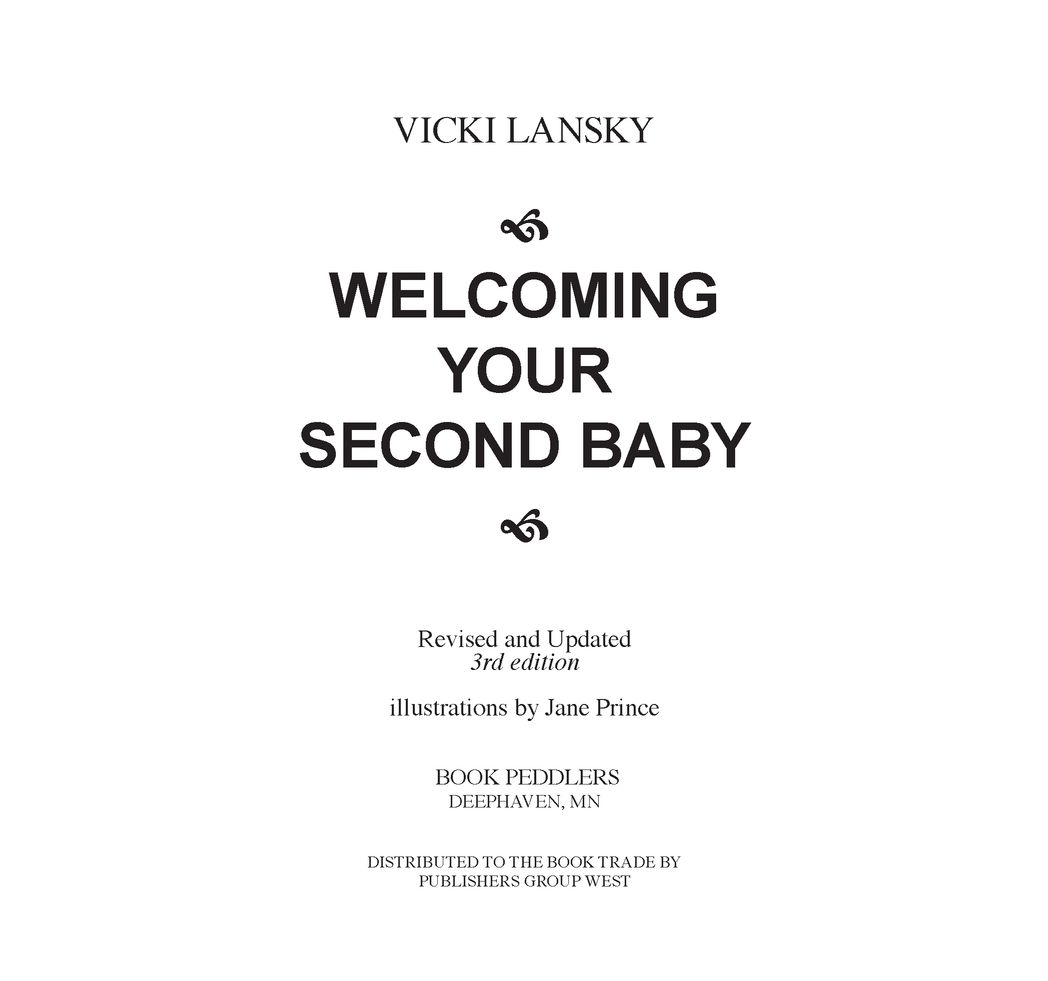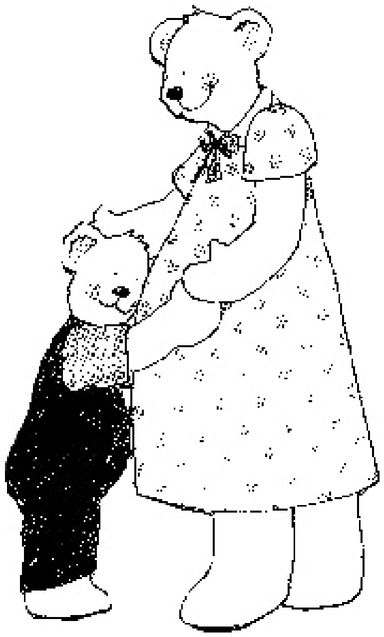Table of Contents
Special editorial thanks to:
Kathryn Ring, Toni Burbank, Sandra L. Whelan, Julie Surma, Francie Paper, Abby Rabinovitz and Dian Schwarze.
The contents of this book have been reviewed for accuracy and appropriateness by Jan Goodwalt, R.N., of the St. Paul Hospital, and Joan Reivich of Philadelphias Booth Maternity Center. Material for children at a birth has been reviewed and enhanced by Penny Simkin and Jeanine Bontrager. Thanks also to Dr. Burton White for his comments.
Special thanks to the parents who shared their words and feelings. Their quotes are reprinted with permission from Vicki Lanskys Practical Parenting newsletter published from 1979 to 1987.
We appreciate the right to reprint: Some Things Dont Make Any Sense at All, by Judith Viorst. Reprinted with the permission of Atheneum Publishers from If I Were in Charge of the World and Other Worries 1981 by Judith Viorst.
INTRODUCTION
A New Addition
If you are a sibling, you know how your sister or brother can be annoying and difficult, or adoring and dependable. If you dont have one, you probably wish you did.
Having a second child is exciting but sometimes seems a bit overwhelming to parents. The first has already taken so much of your love, time, and attention, so much of the space in your home, so much of your income, that you wonder how youll possibly manage. And you wonder, perhaps, if youll ever be able to love a second child as much as you do the first. Will there be enough love for both? Are you being disloyal to your firstborn by forcing a sibling on him or her? Will your second child be an intruder in your family, a competitor for your attention and love? In short, will your second child be a welcome addition?
You know that a new child will bring your firstborn down to earth a bit, teach about sharing, and provide a live-in playmate in childhood.
Two things you can plan on for sure are that your second child will not be a replica of the first, even though they may look alike, and that you cant predict, totally, the reception of the second by the first. Whatever the age of the first, whatever the spacing between the two, the firstborn may adore or be unhappy about the baby; may grow up in amazing ways or regress to babyhood; may be fascinated by or indifferent to the baby. Of course some part of the older childs reception of the baby will depend upon his or her age, on how dependent your child has been on you, and on his or her emotional maturity, but some aspects of the reception and acceptance are simply unexplainable, a matter of personality and the circumstances of the moment.
Ive included many ideas to help you help your child adjust to the arrival of the new baby. Youll find lots of good ones here but please, dont feel you need to try them all! There is such a thing as too much of a good thing. You can over-prepare your child by too much attention to preparation.
By the way, dont forget to have yourself preparedfor childbirth, that is. Take that refresher course you dont think you have time for. It will really help. Trust me, you really dont remember it all. Plus, its good quality time for you and your partner.
Children without siblings have been rated as having poorer social skills. Children with sibs are said to be better at forming and maintaining friendships; getting along with people who are different; expressing feelings in a positive way and showing sensitivity to the feelings of others. To achieve this, you, the parent, will now have to live through years of sibling conflicts and jealously, which will never bother your children as much as it will bother you. Whether or not this rating system is accurate, only you can say.
But I think the best part of having ones second child is letting you see more clearly how each child comes with their set of stuff (personality and the like) for which you can not claim responsibility or credit. And as these small people emerge into big people, you will share a journey that is really second to done.
Relax. Enjoy your first child. Enjoy your pregnancy. The best is yet to come!
Vicki Lansky
SOME THINGS DONT MAKE ANY SENSE AT ALL
by Judith Viorst
My mom says Im her sugarplum,
My mom says Im her lamb.
My mom says Im completely perfect
Just the way I am.
My mom says Im a super-special
wonderful terrific little guy.
My mom just had another baby.
Why?
CHAPTER ONE
How Can I Best Prepare Our Child for the Birth of a New Baby?
Your first step, obviously, is to announce that the babys on the way. The whens and hows of this depend not only on the age of your first child, but also on that childs interest in the event and relative maturity. Each child will handle the news differently, in his or her own unique way, no matter how you prepare your child. And the child who is initially pleased about becoming a big sister or brother may have a change of heart once the baby is born, or even six months after that.
No matter what your childs age, dont be surprised, if after you share the big news, your child just drops the subject for a while.
Exactly when you tell your child will depend to a large extent on the childs age. A pregnancy that seems long enough to you will be a lifetime to a child whose concept of time is still fuzzy.
We worry not only about our childs acceptance of the new baby, but also about our own. (Will I ever be able to love this child as much as my first one?) We fall in love with each child in a different way and at a different pace. Dont worry. It does happen in the natural sequence of things.
When to Share Your Great News With Your Child
Ideally, tell a preschooler about two or three months before the birth, but realistically, youll be sharing the news once youve made it public. You may be pushed into telling an observant child who notices that Mom is getting fat.
Dont tell any child until youre ready for the whole world to know. A child cant be expected to keep such a secret.
Be careful of telling a child too soon, in the event of a miscarriage. The child might feel responsible in some way for the loss of the baby. If you decide to tell the child right away, be sure to offer full and honest explanations if problems arise later.
Dont wait too long to tell any child. He or she may overhear you talking about your pregnancy, or a friend or neighbor may let the word slip. Your child could become unduly worried because youre always tired or occasionally sick without explanation. The boredom of waiting a long time for the baby to come is not as bad for the child as is the feeling that something strange and secret is going on.
When explaining to a young child about when the baby is due, tie the birth to an event instead of to a month or weekafter Christmas, or during your spring vacation from nursery schoolbut dont pinpoint it too exactly.









